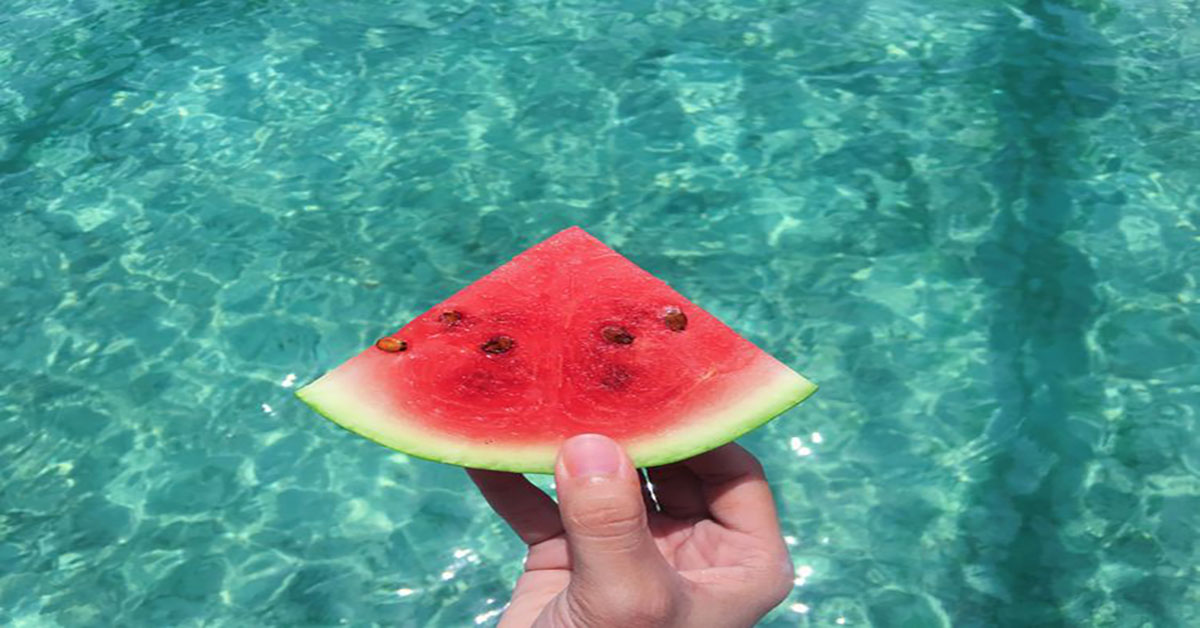Dubai: Health experts in the UAE have highlighted how to prevent dehydration during Ramadan.
Tweaking the pre-dawn suhoor meal to start the day’s fast, and the sunset iftar meal taken to end it, with the right amount of hydrating fluids can make fasting easier, advise doctors.
This Ramadan has come on the brink of summer and will see residents fasting around 14 hours each day, leaving only an eight-hour window to end the fast, pray, hydrate and rest. Knowing the right kind of foods for nutrition and fluids for hydration, will help people observe the month with the right spirit, stamina and energy.
What is dehydration?
Dehydration is the loss of water from our bodies at a rate that is faster than we absorb it. Juliott Vinolia, Clinical Dietician with Medeor 24/7 Hospital, Dubai, said: “Nearly 70 per cent of human body is water, which is lost in many metabolic processes that our body is involved in, such as perspiration, urination, breathing and so on. We require our cells to be hydrated with fluids that contain electrolytes such as potassium, calcium, magnesium, sodium and other vital minerals.”
What are electrolytes?
Vinolia added: “Electrolytes are minerals in the human body that have an electric charge. They are in your blood, urine, tissues, and other body fluids. Electrolytes are important because they help us balance the amount of water in our body and keep the minerals in the correct proportions to facilitate proper metabolism. Metabolism refers to the ingestion, digestion, absorption and assimilation of nutrients that we take in through food and water.”
It is vital to understand that the minerals in our body help us regulate nerve and muscle function, hydrate the body, balance blood acidity and pressure, and help rebuild damaged tissue, she said.
What happens with electrolyte imbalance?
Vinolia explained: “When we fast without proper preparation and go without food and water for long periods, we may experience dehydration. Therefore prior to the fast and after ending the fast, it is very important that we hydrate and replenish our bodies with the right kind of liquids. Not all liquids are similar. For instance, having caffeine or carbonated drinks is likely to dehydrate you more, while having plain water, or water-rich vegetables, clear vegetable soup, will replenish the lost minerals in your body.”
What to have for iftar
• Plenty of fluids – Water, and water-rich fruits such as watermelon, musk melon, apples, oranges and vegetables such as water cress, lettuce, cucumber, tomatoes should be taken in salad forms. These foods are rich in water, minerals and fibre and will help in keeping a person hydrated.
• Clear vegetable soup or chicken broth
• Healthy proteins in fish, chicken, which must be grilled and not fried in oil
• Nuts – Raw nuts are rich in proteins and enzymes
• Potassium rich foods, such as dates, banana, mushrooms, avocados, yoghurt can help correct muscle cramps and fluid imbalance
What to avoid
• High sugar food – like chocolates, sweets in all forms
• Carbonated drinks
• Fried foods – Oily items like samosa and spicy food that can lead to gastric trouble
What to eat for suhoor
• Protein-rich food such as eggs
• Fiber-rich food such as oatmeal
• Calcium and vitamin-rich food such as dairy products
• A fruit-based yoghurt or laban smoothie with walnuts to keep you well hydrated
What to avoid during suhoor
• Salty food such as chips, pickles; these can increase the thirst.
• Caffeinated drinks such as tea, coffee
• Refined carbohydrates, such as white floor, donuts, pastries
Read Full Story: GulfNews



